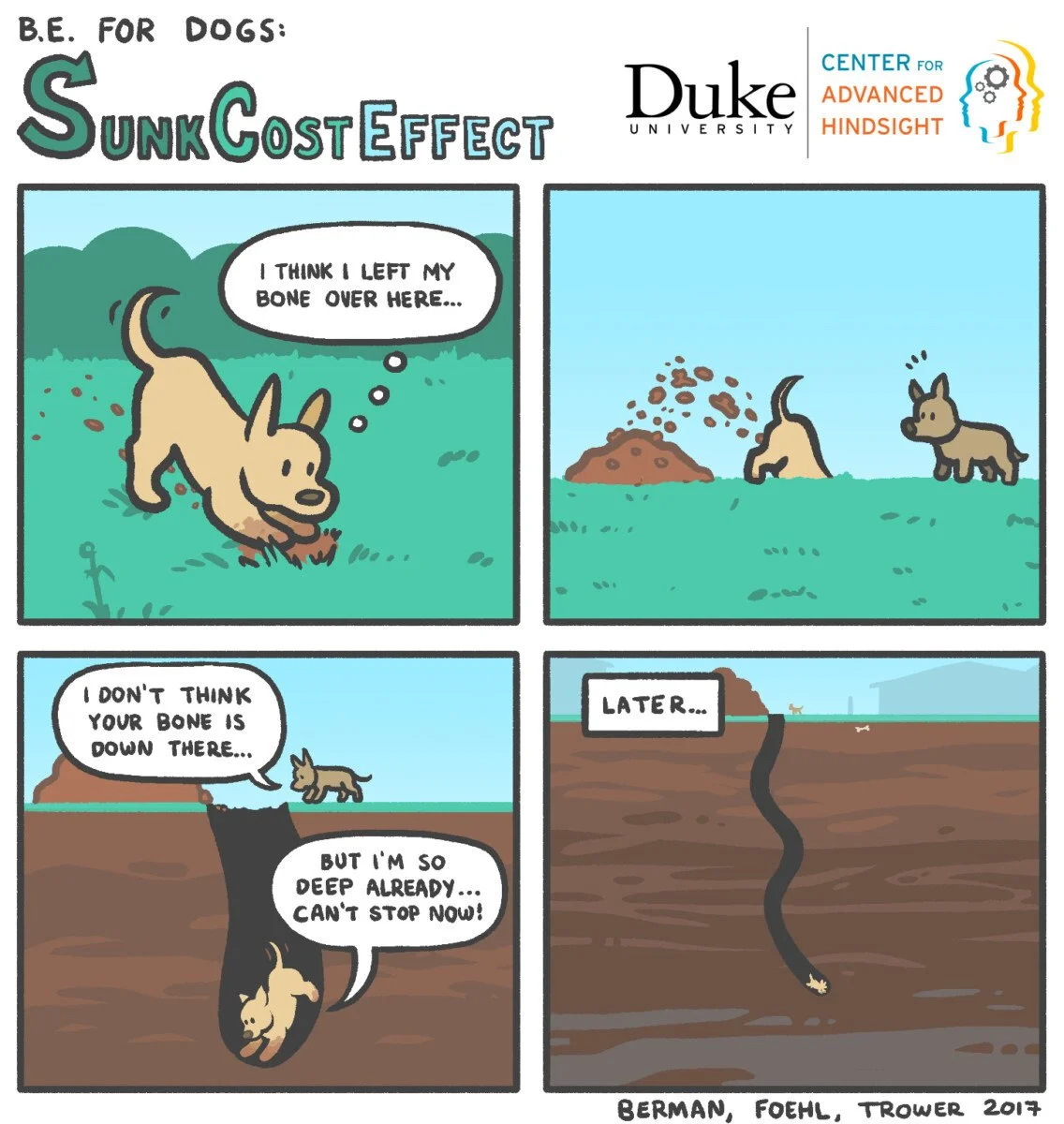this post was submitted on 26 Nov 2024
249 points (98.1% liked)
Comic Strips
12744 readers
2741 users here now
Comic Strips is a community for those who love comic stories.
The rules are simple:
- The post can be a single image, an image gallery, or a link to a specific comic hosted on another site (the author's website, for instance).
- The comic must be a complete story.
- If it is an external link, it must be to a specific story, not to the root of the site.
- You may post comics from others or your own.
- If you are posting a comic of your own, a maximum of one per week is allowed (I know, your comics are great, but this rule helps avoid spam).
- The comic can be in any language, but if it's not in English, OP must include an English translation in the post's 'body' field (note: you don't need to select a specific language when posting a comic).
- Politeness.
- Adult content is not allowed. This community aims to be fun for people of all ages.
Web of links
- !linuxmemes@lemmy.world: "I use Arch btw"
- !memes@lemmy.world: memes (you don't say!)
founded 1 year ago
MODERATORS
you are viewing a single comment's thread
view the rest of the comments
view the rest of the comments

I wonder if the sunk cost fallacy is valid for a situation where emotions is a requirement, for example a human relationship.
Stop wondering. Yes.
Ever meet a couple that’s been married for decades, but have been miserable in that relationship for most of it?
Sunk cost fallacy.
Yes, that's a good example for something that follows the rational use case. But let's not take a toxic relationship extreme, I think in the case of a human relationship, the sunk cost may sometimes positivly contribute to the affection/intimacy/love. The sunk cost created memories, habits, foundations for a relationship that you cannot just suddenly ignore and only look at what comes in the future.
I think one must be careful about applying rational principles telling you to not listen to your emotions to subjects where reason doesn't play the main role.
So, a "sunk cost" is, basically, a cost that's already been paid. in comparison a prospective cost is one that's coming up. In the classic examples given for a sunk-cost fallacy, like the decision to maintain an older car or dump it for a new one; the sunk cost is all the past repairs and the initial purchase price. There's also all the realized benefits or profit on that side of the equation.
The generic fallacy is that people generally are influenced by those sunk costs. We generally continue something, or rather, are more likely to continue something we've been invested in- time, money, effort. Emotions. Where this fallacy leads us astray is that when those sunk costs are accrued, they can't be recovered. They have no bearing on the results of current decisions.
in the context of relationships, people change, and relationships between people change. We grow, maybe together. maybe we grow apart. One thing that will certainly not be happening is going back to what was.
and while it's perhaps churlish to discuss relationships in terms of economics... those costs and rewards have already been accrued. The question at hand isn't whether or not the relationship was worth it, but rather, is the relationship still worth it, and will it be in the future. if you suffer the sunk cost fallacy, you're basing your decision on what has been, and that's almost always a great way to get bit in the ass.
What if your relationship partner got badly sick and becomes more of a weight than before? Should you disregard what you have lived together because it is accrued and leave them because it is going to get worse in the future?
Yes.